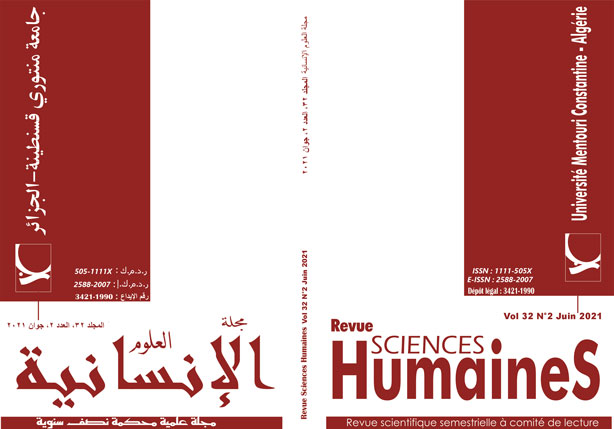Perceiving Ben O’kri’s The Famished Road: The Role of Postcolonial Hybridity
Keywords:
The Famished Road, Hybridity, Postcolonialism, African Culture, Postmodernism, PoliticsAbstract
Ben O’kri’s The Famished Road is a magical realistic novel that gives credibility to the idea of talking to the dead. A talking dead is not a new concept in the African culture for the child who returns to life in another body is an accepted notion. Being a Nigerian novelist, Ben Okri uses Azoro or Abiku as the main character who lives in reality with his family but originally comes from the immortal world. Depicting this scene, it is believed that Okri is influenced by the Nigerian culture; however, Okri uses this kind of Animist Realism out of a postcolonial indoctrination. Okri relies on the hybridity of the current Nigerian culture to help perceiving the intended political message. Nigerian readers are not required to willingly suspend their disbelief; however, they are asked to use their imagination, resulted from the colonial and the African influence, to conceive the message.
Downloads
References
. Achebe, C. C. (1980). Literary Insights into the" Ogbanje" Phenomenon. Journal of African Studies, 7(1), 31.
. Allolio-Nack, Lars. (2014) “Hybridity.” Encyclopedia of Critical Psychology.Jan 2020. Pdf.
. Baloyi, L., & Makobe-Rabothata, M. (2014). The African conception of death: A cultural implication.
. BonJour, L. (1985). The structure of empirical knowledge. Harvard University Press.
. Washington, B. T., & Loram, C. T. (1971). Up from slavery: an autobiography. Corner House.
. Carroll J. (2019) Death in Literature. In: Shackelford T., Zeigler-Hill V. (eds) Evolutionary Perspectives on Death. Evolutionary Psychology. Springer, Cham. https://doi.org/10.1007/978-3-030-25466-7_7a
. Clasen, M., Kjeldgaard-Christiansen, J., & Johnson, J. A. (2018). Horror, personality, and threat simulation: A survey on the psychology of scary media. Evolutionary Behavioral Sciences. https://doi.org/10.1037/ebs0000152
. Dunn, R. G. (1998). Identity crises: A social critique of postmodernity. U of Minnesota Press.
. Holland, J. (1988). A postmodern vision of spirituality and society. Spirituality and society: Postmodern visions, 41-61.
. Godiwala, D. (2007). Postcolonial desire: Mimicry, hegemony, hybridity. In Reconstructing Hybridity (pp. 59-79). Brill Rodopi.
. Jiménez-Gómez, A., & Munjuluri, S. (2019). Culture-Bound Syndromes During Pregnancy and Early Childhood. In Clinical Handbook of Transcultural Infant Mental Health (pp. 259-271). Springer, Cham.
. King, L. M. (2013). In discourse-toward a Pan-African psychology: DRUM rolls for a psychology of emancipation. Journal of Black psychology, 39(3), 223-231.
. Maclean, U. (1971). Magical medicine. A Nigerian case-study. Magical medicine. A Nigerian case-study.
. Nederveen, P. J. (2004). Globalization and culture: Global mélange. New York: Kowman & uttieneia Publishers.
. Okri, B. (1992). The Famished Road. New York: Talese.
. Ouma, C. E. (2020). Diaspora Childhoods: Creating Sublimated Connections. In Childhood in Contemporary Diasporic African Literature (pp. 141-182). Palgrave Macmillan, Cham.
. Pratt, D. W. (2019). The Celebration of Death in Contemporary Culture.
. Southgate, M. T. (2005). Healing of Abiku Children. JAMA, 294(13), 1591-1591.
. Tacey, D. (2012). Contemporary spirituality. The Oxford textbook of spirituality in healthcare, 473-479.
. Tuzet, G. (2020). ‘Suspension of Disbelief’: A Coherentist Theory of Fiction. International Journal for the Semiotics of Law-Revue internationale de Sémiotique juridique, 1-24.
Downloads
Published
Issue
Section
License

This work is licensed under a Creative Commons Attribution-NonCommercial-ShareAlike 4.0 International License.












